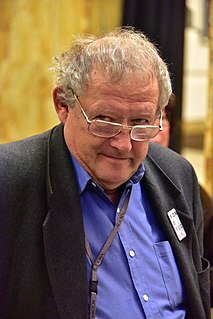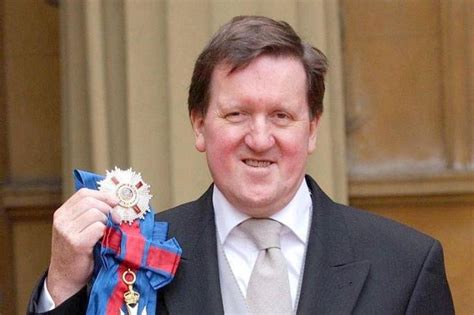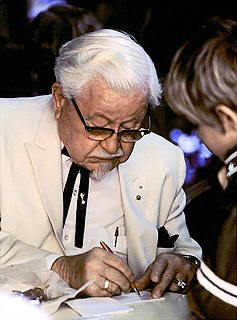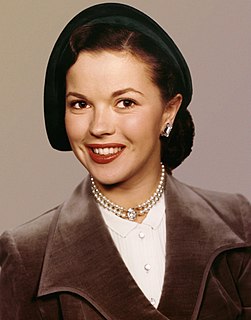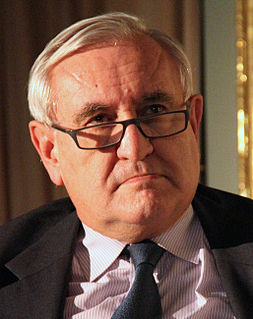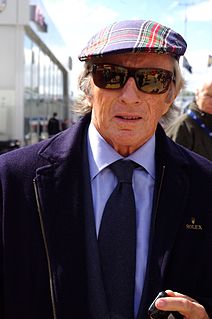A Quote by Adam Michnik
The Polish freedom movement of 1968 lost its confrontation with police violence; the Prague Spring was crushed by the armies of five Warsaw Pact members. But in both countries, 1968 gave birth to a new political consciousness.
Related Quotes
I was 25 years old and pursuing my doctorate in economics when I was allowed to spend six months of postgraduate studies in Naples, Italy. I read the Western economic textbooks and also the more general work of people like Hayek. By the time I returned to Czechoslovakia, I had an understanding of the principles of the market. In 1968, I was glad at the political liberalism of the Dubcek Prague Spring, but I was very critical of the Third Way they pursued in economics.
In 1968, 'Liberty Magazine' had an article about George Wallace in which he stated he would suggest me as a possible vice-presidential candidate, along with other choices such as 'Happy' Chandler and General Curtis LeMay. However, I am not interested in any political office in the United States or anywhere, now or back in 1968.
'2001' is a really interesting movie because it came out in 1968, and everybody thought that that was possible, and look how ridiculous that was. We don't have ships like that, and you know, nobody in 1968 was going, 'Oh, that'll never happen!' But of course it never happened. We're not even close to it.
We should recall that during the Second World War and the Great Depression there was an upsurge in popular, radical democracy. In all over the world. It took different forms, but it was there, everywhere. In Greece it was in the Greek revolution, and so on. And it had to be crushed. In countries like Greece, it was crushed by violence. In countries like Italy, where the US forces entered in 1943, it was crushed by attacking and destroying the anti-German partisans and restoring the traditional order.
There used to be the Soviet Union and the Warsaw Pact. There used to be Soviet troops in the GDR. And we must honestly admit that they were occupation troops, which remained in Germany after WWII under the guise of allied troops. Now these occupation troops are gone, the Soviet Union has collapsed, and the Warsaw Pact is no more. There is no Soviet threat, but NATO and U.S. troops are still in Europe. What for?
In 1990, when we started the Black Community Crusade for Children, we were always talking about all children, but we paid particular attention to children who were not white, who were poor, who were disabled, and who were the most vulnerable.Parents didn't think their children would live to adulthood, and the children didn't think they were going to live to adulthood. That's when we started our first gun-violence campaign. We've lost 17 times more young black people to gun violence since 1968 than we lost in all the lynching in slavery.
Nineteen sixty-eight was one exciting moment in a much larger movement. It spawned a whole range of movements. There wouldn't have been an international global solidarity movement, for instance, without the events of 1968. It was enormous, in terms of human rights, ethnic rights, a concern for the environment, too.
